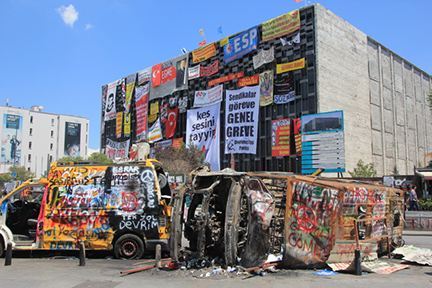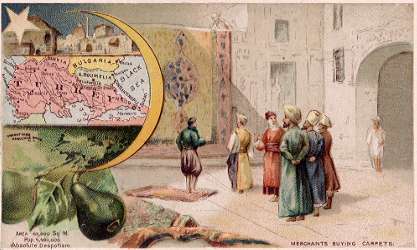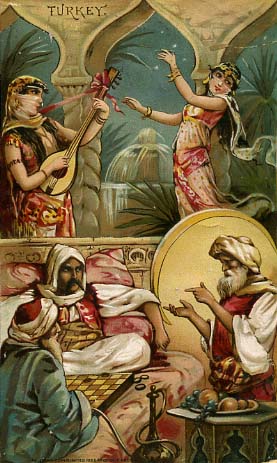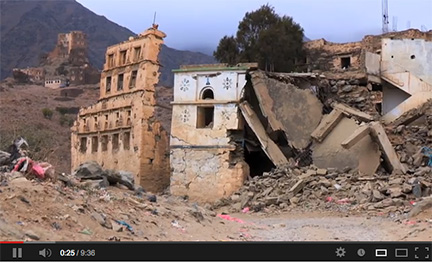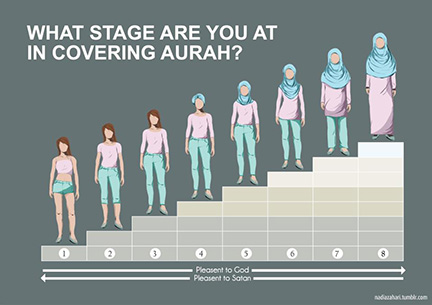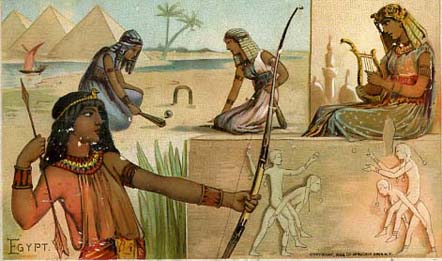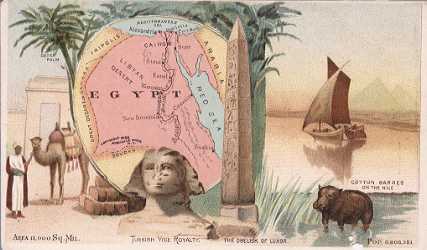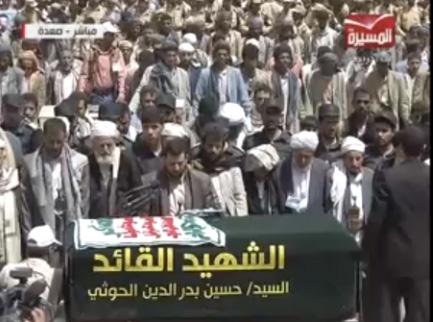
[Webshaykh’s note: There are many Christians and Jews who still find spiritual and moral value in their faiths while rejecting literalist interpretations, especially those that preach exclusivity rather than tolerance. This same holds for many Muslims, although their voice are seldom given a chance to be heard or else are gobbled up with relish by Islamophobes. The following commentary by Ali A. Rizvi is well worth reading.]
An Atheist Muslim’s Perspective on the ‘Root Causes’ of Islamist Jihadism and the Politics of Islamophobia
by Ali A. Rizvi, Huntington Post, May 3, 2013
The ambassador answered us that [their right] was founded on the Laws of the Prophet, that it was written in their Koran, that all nations who should not have answered their authority were sinners, that it was their right and duty to make war upon them wherever they could be found, and to make slaves of all they could take as prisoners, and that every Mussulman who should be slain in battle was sure to go to Paradise.
The above passage is not a reference to a declaration by al Qaeda or some Iranian fatwa. They are the words of Thomas Jefferson, then the U.S. ambassador to France, reporting to Secretary of State John Jay a conversation he’d had with Sidi Haji Abdul Rahman Adja, Tripoli’s envoy to London, in 1786 — more than two and a quarter centuries ago.
That is before al Qaeda and the Taliban, before the creation of Israel or the Arab-Israeli conflict, before Khomeini, before Saudi Arabia, before drones, before most Americans even knew what jihad or Islam was, and, most importantly, well before the United States had engaged in a single military incursion overseas or even had an established foreign policy.
At the time, thousands of American and European trade ships entering the Mediterranean had been targeted by pirates from the Muslim Barbary states (modern-day North Africa). More than a million Westerners had been kidnapped, imprisoned and enslaved. Tripoli was the nexus for these operations. Jefferson’s attempts to negotiate resulted in deadlock, and he was told simply that the kidnapping and enslavement of the infidels would continue, tersely articulated by Adja in the exchange paraphrased above.
Adja’s position wasn’t a random one-off. This conflict continued for years, seminally resulting in the Treaty of Tripoli, signed into law by President John Adams in 1797. Article 11 of the document, a direct product of the United States’ first-ever overseas conflict, contained these famous words, cementing America’s fundamental commitment to secularism:
As the Government of the United States of America is not, in any sense, founded on the Christian religion; as it has in itself no character of enmity against the laws, religion, or tranquility, of Mussulmen; and, as the said States never entered into any war, or act of hostility against any Mahometan nation, it is declared by the parties, that no pretext, arising from religious opinions, shall ever produce an interruption of the harmony existing between the two countries.
Yes, the establishment of secularism in America back in the 18th century was largely related to a conflict with Islamist jihadism.
So where did Abdul Rahman Adja’s bin Laden-esque words come from?
They couldn’t have been a response to American imperialism (the start of the conflict precedes the presidency of George Washington), U.S. foreign policy, globalization, AIPAC or Islamophobia. Yet his words are virtually identical to those spouted ad nauseum by jihadists today who justify their bellicosity as a reaction to these U.S.-centric factors, which were nonexistent in Adja’s time.
How do we make sense of this? Well, the common denominator here just happens to be the elephant in the room. Continue reading Islam minus “Theism” →
